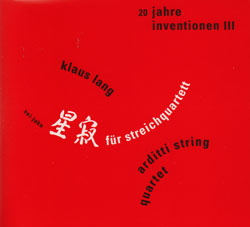
The string quartet sei-jaku by German composer Klaus Lang, documented on this CD, was performed on June 30, 2002 in the Grober Sendesaal of the SFB Berlin by the Arditti String Quartet during the festival Inventionen 2002.
In Stock
Quantity in Basket: None
Log In to use our Wish List
Shipping Weight: 4.00 units
EU & UK Customers:
Discogs.com can handle your VAT payments
So please order through Discogs
Sample The Album:
Rohan de Saram-cello
Dov Scheindlin-viola
Graeme Jennings-violin
Irvine Arditti-violin
Click an artist name above to see in-stock items for that artist.
Label: Edition Rz
Catalog ID: ed. Rz 4005
Squidco Product Code: 14232
Format: CD
Condition: New
Released: 2003
Country: Germany
Packaging: Cardstock Foldover in a clear vinyl sleeve
Recorded live on June 30th, 2002 in the Gro§er Sendesaal of the SFB Berlin during the festival Inventionen 2002.
The string quartet sei-jaku by German composer Klaus Lang, documented on this CD, was performed on 6/30/2002 in the Gro§er Sendesaal of the SFB Berlin by the Arditti String Quartet during the festival Inventionen 2002.
Artist Biographies
• Show Bio for Rohan de Saram "Deshamanya Rohan de Saram (born 9 March 1939) is a British-born Sri Lankan cellist. Until his thirties he made his name as a classical artist, but has since become renowned for his involvement in and advocacy of contemporary music. He travels widely and is much in demand for workshops and summer schools in addition to sustaining a schedule of adventurously programmed concerts. Rohan de Saram was born to Ceylonese parents in Sheffield, Yorkshire, England. At age eleven he studied with Gaspar Cassad— in Siena and Florence. In 1955 at the age of 16 he was the first winner of the Guilhermina Suggia Award, enabling him to study in the UK with Sir John Barbirolli and in Puerto Rico with Pablo Casals. Casals said of him "There are few of his generation that have such gifts". In the following year he won a Harriet Cohen International Music Award. At the invitation of Dimitri Mitropoulos, who described him in 1957 as "a rare genius...a born musician... an amazing...cellist", Rohan was invited to give his Carnegie Hall debut in 1960 with the New York Philharmonic, playing Khachaturian's Cello Concerto under the baton of Stanis aw Skrowaczewski. Gregor Piatigorsky presented him with a special bow. He has lived in London since 1972, first and foremost as a performer, although he has also taught at Trinity College of Music, London. From 1979 to 2005 de Saram was a member of the Arditti Quartet but now works with other artists to pursue his own artistic vision. He has also toured and recorded with Markus Stockhausen's "Possible Worlds" group. He worked personally with Zolt‡n Kod‡ly, Francis Poulenc, Sir William Walton and Dmitri Shostakovich. He has performed with the major orchestras of Europe, USA, Canada, Australia and the former Soviet Union with conductors such as Barbirolli, Sir Adrian Boult, Zubin Mehta, Seiji Ozawa and William Steinberg. In ensemble or as a soloist, he has premiered works by Luciano Berio, Bose, Benjamin Britten, Sylvano Bussotti, John Cage, Sir Peter Maxwell Davies, Philip Glass, Sofia Gubaidulina, Paul Hindemith, Mauricio Kagel, Gyšrgy Ligeti (Racine 19), Conlon Nancarrow, Henri Pousseur, Wolfgang Rihm, Jeremy Dale Roberts (Deathwatch Cello Concerto, written for de Saram), Alfred Schnittke, Iannis Xenakis (Kottos ) and Toshio Hosokawa (the concerto Chant for cello and orchestra). Berio was so impressed by his performance of Il Ritorno degli Snovidenia that he wrote Sequenza XIV (2002) specially for de Saram, incorporating drumming on the body of the cello drawn from de Saram's skills with the Kandyan drum. The work was given its world and numerous national premieres by de Saram who then also made the premiere recording. He plays the standard classical cello works, including the great concerti, sonata cycles and Bach's six Solo Cello Suites. He founded the De Saram Clarinet Trio and a duo with his brother Druvi de Saram. He is one of relatively few new music interpreters to have explored the world of improvisation. He has made numerous recordings, both with the Arditti Quartet and as soloist, including Vivaldi's Sonatas, Edmund Rubbra's Soliloquy for cello and orchestra, Britten's Cello Suites No 1-3, John Mayer's Ragamalas and Prabhanda, Xenakis' Kottos and Elliott Carter's Figment I and II, and works by Bernd Alois Zimmermann, Peter Ruzicka, Gelhaar, Pršve and Steinke. 2011 releases include Harmonic Labyrinth with Preethi de Silva, and the first of two volumes of de Saram in Concert featuring magnificent Wigmore Hall performances of the Kodaly Sonata for Solo Cello (his score carries Kodaly's hand-written praise for his performance before the composer in May 1960), together with the Rachmaninoff Cello Sonata, in which he is accompanied by his brother Druvi." ^ Hide Bio for Rohan de Saram
3/31/2025
Have a better biography or biography source? Please Contact Us so that we can update this biography.
Track Listing:
1. Streichquartett sei-jaku 39:55
Compositional Forms
Avant-Garde
Search for other titles on the label:
Edition Rz.


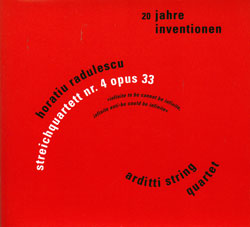
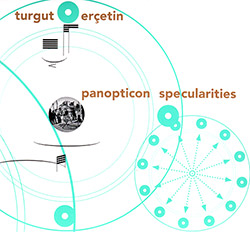
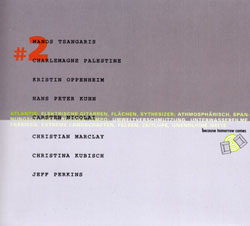
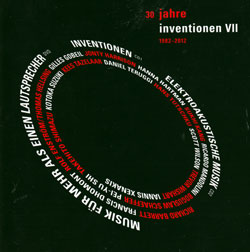
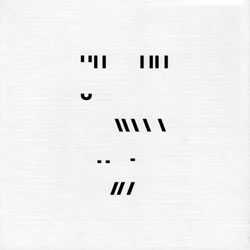
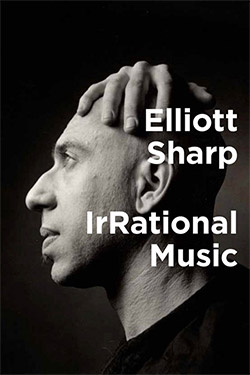
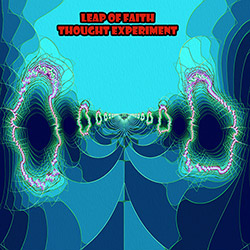



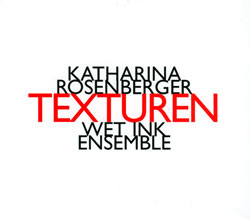
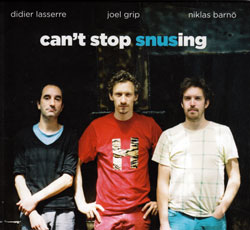
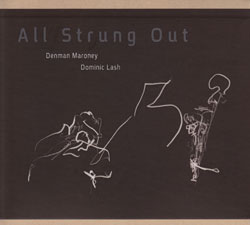
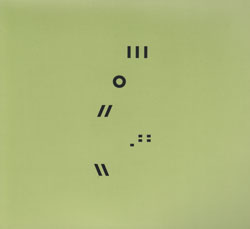
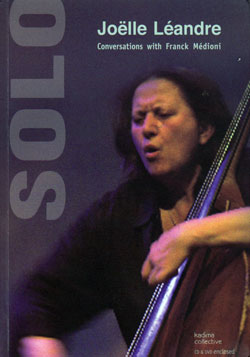
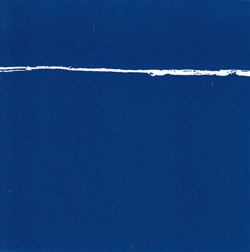
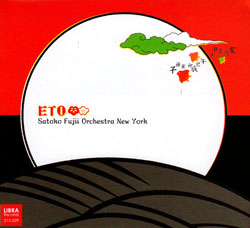
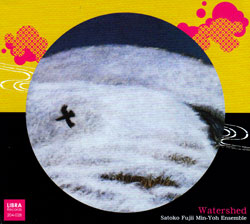
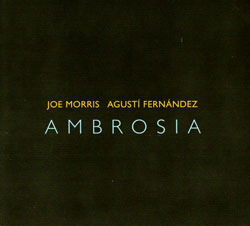
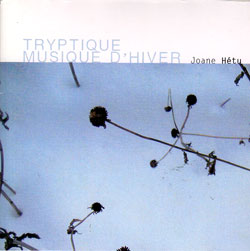
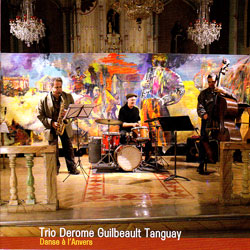
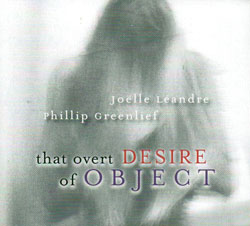
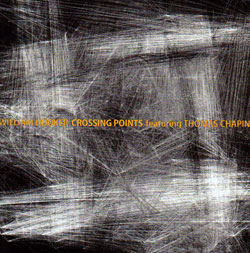
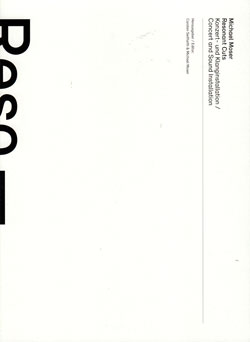
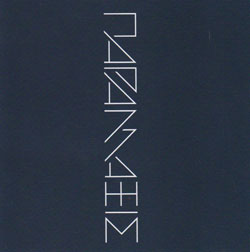
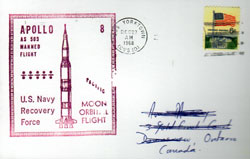

![Rodrigues, Ernesto / Nuno Torres / Guilherme Rodrigues: Whispers In The Moonlight - In Seven Movements [2CDs]](https://www.teuthida.com/productImages/misc4/35765.jpg)



![Cocks, Laura: FATHM [VINYL]](https://www.teuthida.com/productImages/misc4/36055.jpg)










![Ackerley / Prymek / Turner: All Hope With Sleeping Minds [CASSETTE]](https://www.teuthida.com/productImages/misc4/35950.jpg)
![Myers, David Lee : Tin Drop Tear [BOOK w/ DOWNLOAD]](https://www.teuthida.com/productImages/misc4/36030.jpg)



![Schindler, Udo / Sandy Ewen / Damon Smith: Munich Sound Studies Vols. 4, 5 & 6 [3 CDs]](https://www.teuthida.com/productImages/misc4/35966.jpg)






![Turbulence Orchestra & Sub-Units: Smear Out the Difficulties (Double Live) [2 CDs]](https://www.teuthida.com/productImages/misc4/36048.jpg)
![Perelman, Ivo / Tyshawn Sorey: Paralell Aesthetics [2 CDs]](https://www.teuthida.com/productImages/misc4/35871.jpg)


![Sjostrom, Harri: SoundScapes #4 Festival Berlin 2023 [3 CDs]](https://www.teuthida.com/productImages/misc4/35874.jpg)



![Glenn, Jordan: Flustered [CASSETTE]](https://www.teuthida.com/productImages/misc4/35948.jpg)


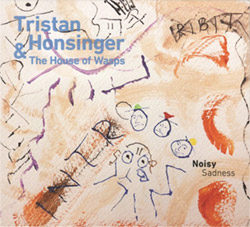
![Lindorff-Ellery, Evan: Church Recordings from Monhegan [CASSETTE]](https://www.teuthida.com/productImages/misc4/35949.jpg)
![Schindler, Udo / Werner Dafeldecker / Gunnar Geisse: Travelling Sound Images - Cognitive Transfers [Trio]](https://www.teuthida.com/productImages/misc4/35767.jpg)

![Egberth, Dennis: The Dennis Egberth Dynasty [VINYL]](https://www.teuthida.com/productImages/misc4/35549.jpg)


![Schindler, Udo / Rieko Okuda / Eric Zwang Eriksson: Disturbed Terrains [2 CDs]](https://www.teuthida.com/productImages/misc4/35330.jpg)






![Olencki, Weston : Pearls Ground Down To Powder [VINYL]](https://www.teuthida.com/productImages/misc4/35956.jpg)
![Myers, David Lee: Oculus [2CDs]](https://www.teuthida.com/productImages/misc4/35857.jpg)


![dustsceawung: dustsceawung [CASSETTE w/ Download]](https://www.teuthida.com/productImages/misc4/35753.jpg)




![Halls of the Machine: Atmospheres For Lovers And Sleepers [CASSETTE w/ DOWNLOAD]](https://www.teuthida.com/productImages/misc4/35806.jpg)



![AHC (Alexander Cooper): Lase [2 CDs]](https://www.teuthida.com/productImages/misc4/35754.jpg)



![Fagaschinski, Kai / Yan Jun : Graveyard Processions [VINYL w/ DOWNLOAD]](https://www.teuthida.com/productImages/misc4/35474.jpg)
![Brant, Cody / Carl Kruger: Smoke Detail [CASSETTE w/ DOWNLOAD]](https://www.teuthida.com/productImages/misc4/35551.jpg)








![Zorn, John / JACK Quartet: The Complete String Quartets [2 CDs]](https://www.teuthida.com/productImages/misc4/35609.jpg)

![Lonsdale, Eden: Dawnings [2 CDs]](https://www.teuthida.com/productImages/misc4/35480.jpg)







![Sanna, Claudio: Compositori Sardi Contemporanei II [2 CDs]](https://www.teuthida.com/productImages/misc4/35317.jpg)







![Zurria, Manuel: Fame di Vento [3 CDs]](https://www.teuthida.com/productImages/misc4/35167.jpg)

![Granberg, Magnus / Nattens Inbrott / Skogen: Holde Traume, Kehret Wieder! [2 CDs]](https://www.teuthida.com/productImages/misc4/35038.jpg)

![Electric Bird Noise / Derek Roddy: 8-10-22 [CD EP]](https://www.teuthida.com/productImages/misc4/35970.jpg)








![Elephant9 : Mythical River [VINYL]](https://www.teuthida.com/productImages/misc4/34624.jpg)



![Elephant9 with Terje Rypdal: Catching Fire [VINYL 2 LPs]](https://www.teuthida.com/productImages/misc4/35355.jpg)
![Deerlady (Obomsawin, Mali / Magdalena Abrego): Greatest Hits [VINYL]](https://www.teuthida.com/productImages/misc4/34876.jpg)







![Surplus 1980: Illusion of Consistency [CD]](https://www.teuthida.com/productImages/misc4/35069.jpg)
![Staiano, Moe: Away Towards the Light [VINYL + DOWNLOAD]](https://www.teuthida.com/productImages/misc4/35037.jpg)



![Caveira (Gomes / Sousa / Abras / Ferrandini): Ficar Vivo [VINYL]](https://www.teuthida.com/productImages/misc4/34643.jpg)
![Coley, Byron: Dating Tips for Touring Bands [VINYL]](https://www.teuthida.com/productImages/misc4/17906.jpg)

![Lost Kisses: My Life is Sad & Funny [DVD]](https://www.teuthida.com/productImages/misc4/lostKissesDVD.jpg)